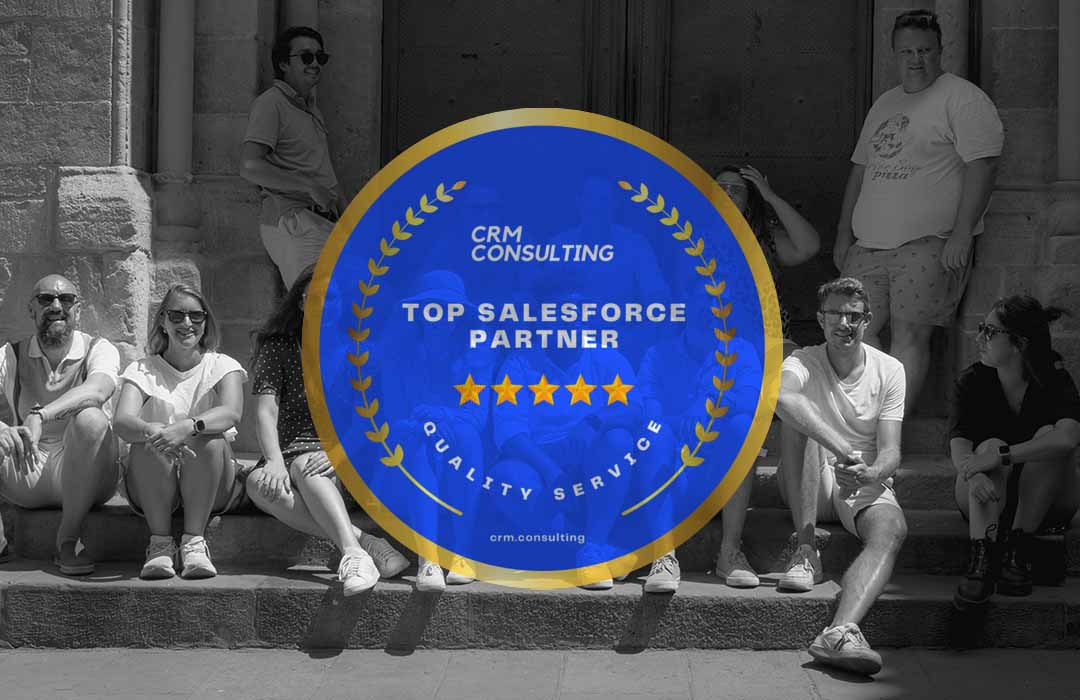- Written by - Comnexa
Radical digital innovations are fairly commonplace across most industries. Take for example the travel industry, shifting rapidly from transacting predominantly in brick-and-mortar shops, to now aggressively fighting for impactful cut through online. Another very current example within the financial services industry, with firms attempting to leverage and grow through decentralised finance products. In my opinion, digital innovation exists throughout the legal profession but is often nuanced and doesn’t attract the ‘media-hype’ we see from exciting buzzwords such as ‘FinTech’ and ‘blockchain’.
Reflecting on the way firms responded to the ‘Stay at Home’ measures earlier this year, reports suggest that lawyers tend to be more productive, and produce more billable hours, when working from home. With HMCTS also committing to make increased use of telephone and video conferencing for more hearings than ever before. Technology is making the lives of lawyers and other legal professions easier. During my time at Comnexa I have worked closely with customers in this field and witnessed first-hand the benefits of their own digital transformation journey. Successful firms often have one common denominator amongst them, a Practice Manager with a serious commitment to what they do. Fully aware and involved in the numerous tasks and processes that exist to keep their firms running at peak velocity, these Practice Managers are master plate-spinners and are instrumental in the delivery and success of customer satisfaction. Working in partnership with our own customers, there are three challenges that seem present in most firms, and offering solutions to these is both mutually enjoyable and also sets our customers at a substantial advantage versus their competition.
Limited relationship insight
As with most professional service offerings, relationships lie at the very core of every-day business. Instilling trust and a sense of confidence to clients within law firms is vital. How many times has a client phoned reception while their lawyer is in another meeting, or provided documents which haven’t yet been processed? Most firms have no way of measuring their relationships, or, the level of interaction a client is having with the firm overall.
Now imagine having a single, immediate, holistic overview of all your client interactions. With the ability to track and monitor the success of each touchpoint. We’ve seen businesses implement this functionality across their teams and seen incredible adoption from the beginning. With both lawyers and support staff working from a single point-of-truth.
In the matter of admin
Although for many firms it may feel somewhat chaotic, casework is often very procedural. With early and late stages carry significant administrative duties, such as client onboarding and initial court documentation, through to the arrangement of settlement agreements and client billing. It is likely most firms hire their lawyers on the strength of their knowledge and capabilities, not on their excitement in data entry and timecard completion.
Building a bespoke practice management solution through a powerful tool such as Salesforce can not only deliver a truly remarkable return on investment; but can also significantly reduce the amount of risk to a firm. This could include automated alerts to monitor resource intensive clients or those going over an agreed credit limit, or, creating secure and distinct vaults for the storage of privileged case files to mitigate the risk of inadvertently sharing the wrong files with the opposing counsel. Imagine the many headaches and additional hours you could save?
Scale disadvantage
Large firms are likely to have the advantage of dedicated IT resource, and a range of neatly integrated systems and solutions. Smaller firms often lack the time and resource to effectively implement these transformative solutions. In response to this, some smaller firms choose to introduce these new practice management systems into a particular area of their business, serving as an initial proof-of-concept. Allowing them to solve a substantial business problem, while also introducing them to the scalability and adaptability of the Salesforce platform.
Also backed by numerous certifications and compliance accreditations, you can be assured by the trust and transparency of the Salesforce platform. Choosing exactly where to geographically host your firm’s data, and even giving you the ability to create internal ethical walls within you firm should the type of work you conduct necessitate this. Plus, with open API, your existing systems and IT infrastructure can be easily integrated into your new practice management solution.
We’ve seen firms with a multitude of separate systems and processes to help them with a number of everyday tasks; from business development and client communication, through to HR, billing, and case management. All too often have I seen the sheer internal frustration and mounting cost of managing these various unattuned systems. Maybe we can all agree that law firms are living in and relishing in this 4th industrial revolution, but how can firms truly leverage this revolution within their own business model, and gain genuine competitive advantage?






